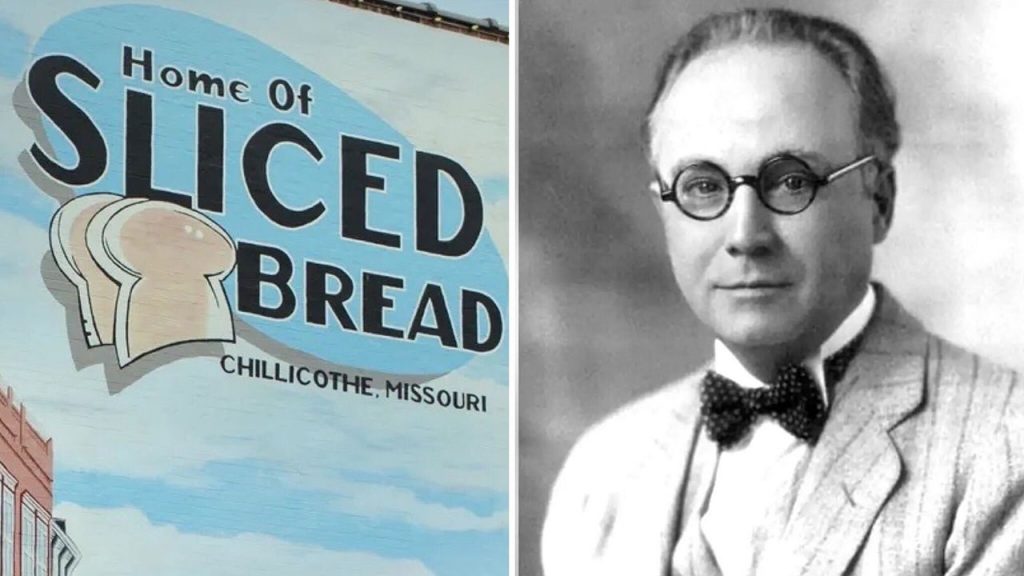Otto Rohwedder, a native of Davenport, Iowa, invented sliced bread in 1928, revolutionizing American consumer culture and household habits. The first loaves of sliced bread were rolled out of the Chillicothe Baking Co. in Missouri, leading to a significant increase in sales and sparking the interest of the baking industry. Rohwedder faced numerous challenges and setbacks in his quest to revolutionize the way bread was sold, including a devastating fire that destroyed his factory. However, his perseverance paid off, and sliced bread quickly became a household necessity, with orders for his slicing machines pouring in from across the Midwest.
Born in Des Moines, Iowa, in 1880, Rohwedder pursued his dream of creating sliced bread after working in the jewelry business and facing financial struggles in St. Joseph, Missouri. Despite not having a background in baking or engineering, Rohwedder was determined to innovate the bread-making process. He faced skepticism and opposition from the baking industry, which believed that bread could not be effectively sliced by a machine. However, after finding an ally in Frank Bench of the Chillicothe Baking Co., Rohwedder’s invention became an instant sensation, with sales skyrocketing and orders pouring in from across the country.
Rohwedder’s invention of sliced bread quickly became a staple in American households, with its popularity growing during World War II when it faced rationing by the government. The impact of sliced bread on American households was so significant that its rationing incited a vocal rebellion among American homemakers, who considered it essential to the morale and saneness of their households. Despite facing initial rejection and disbelief in the industry, Rohwedder’s invention of sliced bread revolutionized the way bread was sold and consumed, becoming an indispensable part of daily life.
Following his invention of sliced bread, Rohwedder continued to work in the baking industry and eventually sold his invention to Micro-Westco of Bettendorf, Iowa, during the Great Depression. He worked for the company until his retirement in 1951, leaving behind a legacy that continues to be celebrated in Chillicothe, Missouri. The community has embraced its history as the birthplace of sliced bread, declaring itself the “Home of Sliced Bread” and organizing annual festivals to commemorate Rohwedder’s achievement. His invention has gained a permanent place in the cultural lexicon as a symbol of innovation and progress.
Despite the widespread recognition of sliced bread as a groundbreaking invention, the man behind the innovation, Otto Rohwedder, has largely been forgotten. Chillicothe, Missouri, has taken steps to rediscover and honor Rohwedder’s legacy, hosting events and celebrating his achievement as part of its local history. Through efforts to recognize Rohwedder’s contribution to American consumer culture and household habits, the community aims to ensure that his name and invention are remembered and celebrated for generations to come.
Recognizing the significance of sliced bread as a symbol of innovation, progress, and cultural impact, Chillicothe, Missouri, has embraced its status as the birthplace of this groundbreaking invention. Through community events, historical commemorations, and public recognition, residents of Chillicothe honor the legacy of Otto Rohwedder and continue to celebrate the impact of sliced bread on American society. By rediscovering and highlighting Rohwedder’s role in revolutionizing the way bread is sold and consumed, the community hopes to ensure that his contributions to history are never forgotten.


